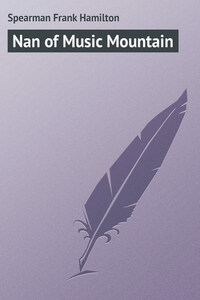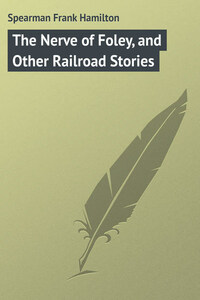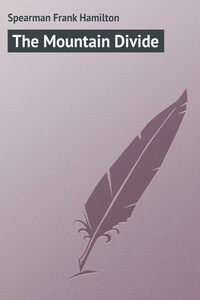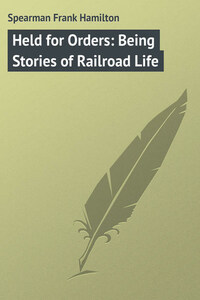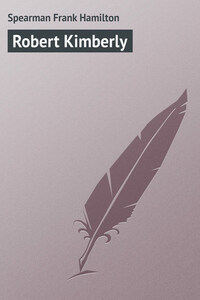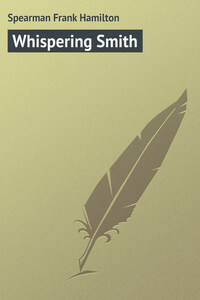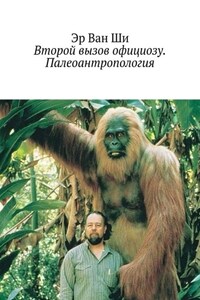Lefever, if there was a table in the room, could never be got to sit on a chair; and being rotund he sat preferably sidewise on the edge of the table. One of his small feet–his feet were encased in tight, high-heeled, ill-fitting horsemen’s boots–usually rested on the floor, the other swung at the end of his stubby leg slowly in the air. This idiosyncrasy his companion, de Spain, had learned to tolerate.
But Lefever’s subdued whistle, which seemed meditative, always irritated de Spain more or less, despite his endeavor not to be irritated. It was like the low singing of a tea-kettle, which, however unobtrusive, indicates steam within. In fact, John Lefever, who was built not unlike a kettle, and whose high, shiny forehead was topped by a pompadour shock of very yellow hair, never whistled except when there was some pressure on his sensibilities.
The warm sun streaming through the windows of the private office of the division superintendent at Sleepy Cat, a railroad town lying almost within gunshot of the great continental divide, would easily have accounted for the cordial perspiration that illumined Lefever’s forehead. Not that a perspiration is easily achieved in the high country; it isn’t. None, indeed, but a physical giant, which Lefever was, could maintain so constant and visible a nervous moisture in the face of the extraordinary atmospheric evaporation of the mountain plateaus. And to de Spain, on this occasion, even the glistening beads on his companion’s forehead were annoying, for he knew that he himself was properly responsible for their presence.
De Spain, tilted back in the superintendent’s chair, sat near Lefever–Jeffries had the mountain division then–his elbows resting on the arms of the revolving-chair, and with his hands he gripped rather defiantly the spindles supporting them; his feet were crossed on the walnut rim of the shabby, cloth-topped table. In this attitude his chin lay on his soft, open collar and tie, his sunburnt lips were shut tight, and above and between his nervous brown eyes were two little, vertical furrows of perplexity and regret. He was looking at the dull-finish barrel of a new rifle, that lay across Lefever’s lap. At intervals Lefever took the rifle up and, whistling softly, examined with care a fracture of the lever, the broken thumb-piece of which lay on the table between the two men.
From the Main Street side of the large room came the hooting and clattering of a Frontier Day celebration, and these noises seemed not to allay the discomfort apparent on the faces of the two men.
“It certainly is warm,” observed Lefever, apropos of nothing at all.
“Why don’t you get out of the sun?” suggested de Spain shortly.
Lefever made a face. “I am trying to keep away from that noise.”
“Hang it, John,” blurted out de Spain peevishly, “what possessed you to send for me to do the shooting, anyway?”
His companion answered gently–Lefever’s patience was noted even among contained men–“Henry,” he remonstrated, “I sent for you because I thought you could shoot.”
De Spain’s expression did not change under the reproach. His bronzed face was naturally amiable, and his mental attitude toward ill luck, usually one of indifference, was rarely more than one of perplexity. His features were so regular as to contribute to this undisturbed expression, and his face would not ordinarily attract attention but for his extremely bright and alive eyes–the frequent mark of an out-of-door mountain life–and especially for a red birthmark, low on his left cheek, disappearing under the turn of the jaw. It was merely a strawberry, so-called, but an ineradicable stamp, and perhaps to a less preoccupied man a misfortune. Henry de Spain, however, even at twenty-eight, was too absorbed in many things to give thought to this often, and after knowing him, one forgot about the birthmark in the man that carried it. Lefever’s reproach was naturally provocative. “I hope now,” retorted de Spain, but without any show of resentment, “you understand I can’t.”
“No,” persisted Lefever good-naturedly, “I only realize, Henry, that this wasn’t your day for the job.”
The door of the outer office opened and Jeffries, the superintendent, walked into the room; he had just come from Medicine Bend in his car. The two men rose to greet him. He asked about the noise in the street.
“That noise, William, comes from all Calabasas and all Morgan’s Gap,” explained Lefever, still fondling the rifle. “The Morgans are celebrating our defeat. They put it all over us. We were challenged yesterday,” he continued in response to the abrupt questions of Jeffries. “The Morgans offered to shoot us offhand, two hundred yards, bull’s-eye count. The boys here–Bob Scott and some of the stage-guards–put it up to me. I thought we could trim them by running in a real gunman. I wired to Medicine Bend for Henry. Henry comes up last night with a brand-new rifle, presented, I imagine, by the Medicine Bend Black Hand Local, No. 13. This is the gun,” explained Lefever feebly, holding forth the exhibit. “The lever,” he added with a patient expletive, “broke.”
